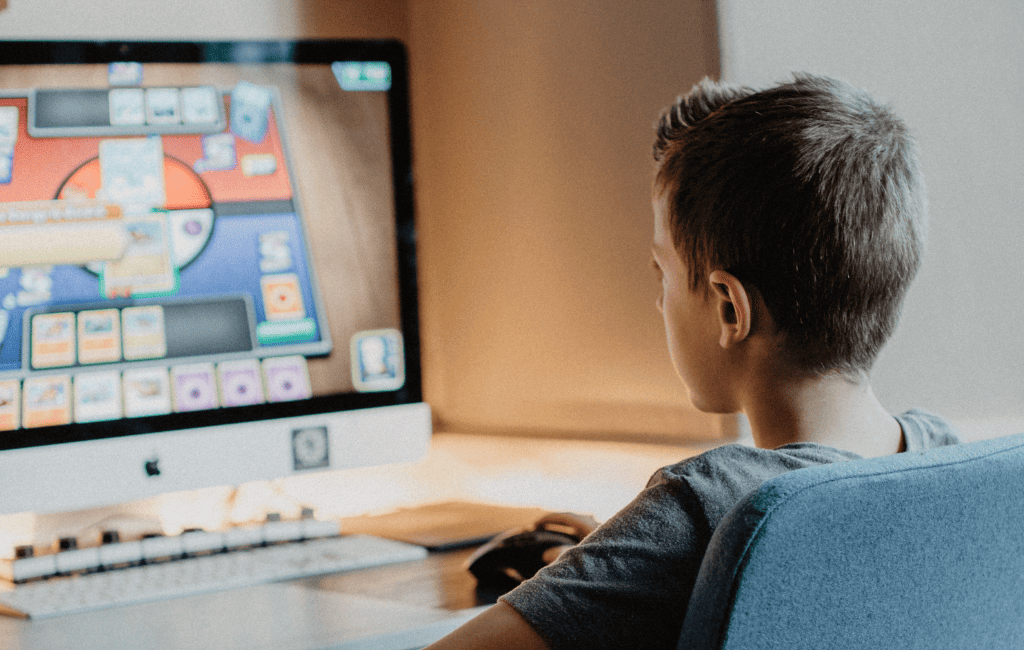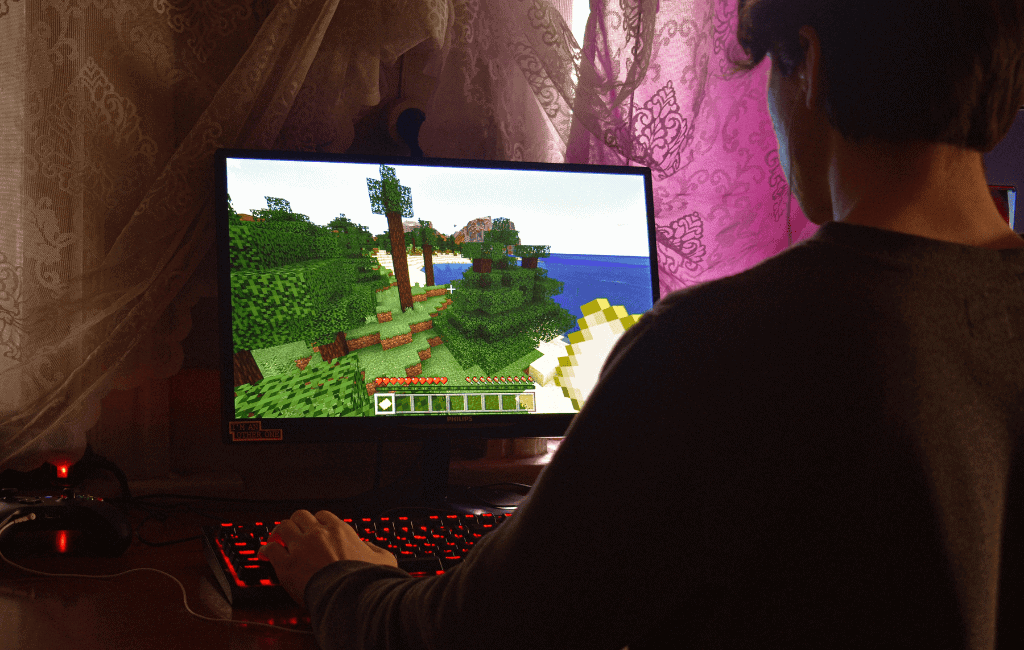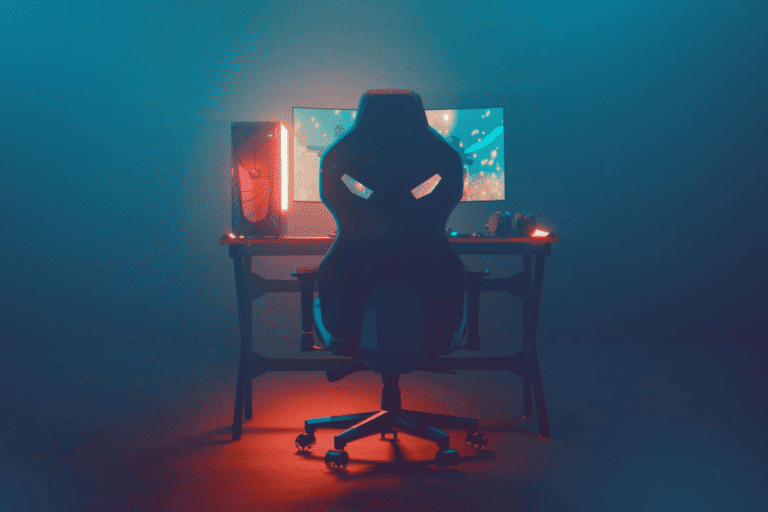
Can video games help with depression?
In an age where 2.7 billion gamers roam virtual worlds, the conversation surrounding the impact of video games on mental health holds remarkable significance. Surprisingly, recent research suggests that video games, particularly the easy-to-use, casual ones, offer a surprising remedy for depression.
A 2020 systematic review and a report published in the journal JMIR Serious Games both shed light on how video games, when approached with moderation, can provide a fun mood boost that could prove incredibly beneficial for individuals grappling with anxiety and depression.
In this blog, we explore the growing body of scientific evidence that supports the idea that video games can play a constructive role in improving mental health outcomes. We’ll also delve into the potential pitfalls of excessive gaming, including issues like dopamine exhaustion and emotional suppression, emphasizing the importance of finding a healthy balance.
How can video games help with depression?

For anyone seeking effective ways to combat depression, here is a definitive exploration of how gaming can be a potent solution based on recent research and findings:
Cognitive engagement
Video games uniquely engage cognitive functions, providing an avenue to redirect focus away from people experiencing depression or having depressive thoughts. Examples of cognitive engagement games that help with the symptoms of depression include Scrabble, Minecraft, Portal, SuperBetter game, MindLight, Depression Quest, etc.
Studies have shown that immersive gameplay enhances cognitive flexibility and problem-solving skills, potentially offering a mental health benefit workout using prescribed casual video games that counter the effects of depression. With this, gamers experience strong positive emotions and are taken out of their low mood.
Thus, it makes sense to say that encouraging the mind to play and solve puzzles through gaming can help combat many of the major symptoms of depression.
Social interaction
Multiplayer games foster social interaction, even for those with limited offline engagement. Online communities formed around shared gaming interests provide a platform for individuals to connect, potentially mitigating feelings of isolation.
Examples of multiplayer games that facilitate social interactions for people who suffer from depression include Fortnite, Call of Duty: Warzone, Destiny 2, League of Legends, World of Warcraft, etc. Shared experiences like these are so good at helping people connect that therapists use tabletop games like Dungeons and Dragons as group therapy.
Achievement and reward systems
The in-game achievement and reward systems can deliver a sense of accomplishment, effectively boosting self-esteem. Research demonstrates a connection between success within games and increased feelings of competence, offering a small but tangible way to combat depression’s impact on self-worth.
We see this in Jane McGonigal’s story, a researcher and digital game designer who emerged as a beacon of resilience following her unconventional path to recovery. Jane built a game brimming with “power-ups,” captivating quests, and formidable adversaries, all meticulously crafted to aid in her healing process.
The impact of this innovative approach was so profound that McGonigal decided to take it a step further. She transformed her personal therapeutic game into a digital entity that transcended its origins and became a therapeutic tool embraced by nearly 500,000 individuals worldwide.
Avenues to cope
Video games have also proven useful for the treatment of a wide range of mental disorders, such as attention-deficit/ hyperactivity disorder, autism, anxiety disorder, and major depressive disorder (MDD is sometimes referred to as clinical depression).
These virtual experiences hold the potential to provide a sense of accomplishment and mastery, contributing positively to individuals’ overall mental well-being.
Beyond mere entertainment, the interactive nature of video games engages cognitive functions, potentially rewiring negative thought patterns. By harnessing the immersive power of gaming, individuals can find avenues to cope with the challenges of mental health.
Routine and structure
Implementing a regular gaming routine can prove to be a valuable strategy to battle depression. The structure and predictability that come with a gaming schedule can counteract the aimlessness and lack of motivation that often accompany this mental health condition. In fact, this aspect of gaming interventions has been a key contributor to their effectiveness in treating depression, as demonstrated by various studies and clinical trials.
But balance is crucial in this regard. It’s essential to strike a delicate balance when integrating gaming into your routine. While gaming can offer therapeutic benefits, indulging in excessive gameplay can lead to unintended consequences for mental health. Recent research and psychological studies have underscored the potential risks associated with overindulgence in gaming, including heightened levels of stress, obesity, and social isolation.
Emotional outlet

Video games also offer individuals a unique and constructive avenue to release and navigate pent-up emotions effectively. Within the immersive landscapes of games, players find a canvas upon which they can channel their emotional energies into overcoming in-game challenges and connecting with intricate narratives. This emotional release mechanism is not merely anecdotal; it’s supported by scientific research.
A study conducted by the Behavioral Science Institute in The Netherlands sheds light on this phenomenon. The research explores how video games can serve as a safe and enjoyable outlet for honing emotional awareness and coping skills. The study focused on proficient gamers immersed in the world of “Starcraft II,” a real-time strategy game renowned for its complexity and strategic demands.
This research offered a compelling perspective on how video games can be more than just a pastime. They can be a platform for individuals to fine-tune their emotional intelligence, enhance their coping strategies, and potentially mitigate the impact of stressors in their everyday lives.
Therapeutic games
Therapeutic games are purposefully crafted to promote mental health and foster emotional resilience. Examples are mental health board games. These board games are thoughtfully constructed with the intention of educating gamers about various facets of mental health and overall well-being.
They serve as engaging and interactive educational platforms that can make the complex topic of mental health more accessible and relatable. What sets them apart is their ability to seamlessly weave elements of strategy, teamwork, and communication into their gameplay mechanics.
By doing so, they transform learning about mental health into an enjoyable and collaborative experience. Players not only gain valuable insights into their own mental health but also develop essential skills for managing emotions, navigating challenges, and building stronger interpersonal connections.
Considerations and potential risks

But while video games offer help with depression, there are potential concerns and health hazards if not used in moderation.
Escapism vs. coping
Escapism means using video gaming to escape reality and avoid facing difficult emotions or challenges. On the other hand, coping involves using video games healthily and mindfully to manage and navigate depressive feelings.
Engaging in excessive gaming might provide temporary relief, but it can also intensify feelings of isolation and worsen depressive tendencies. Thus, monitoring your habits is crucial if they begin to trigger negative emotions.
Moderation ensures that video games complement other healthy coping strategies, such as seeking professional help, engaging in physical activity, maintaining social connections, and practicing mindfulness.
Expert advice:
While gaming can be a helpful outlet, it should not substitute seeking support from friends, family, or mental health professionals. Remember to acknowledge your feelings and seek a well-rounded mix of healthy outlets to foster a balanced and fulfilling life.
Gaming addiction
Acknowledging the potential risks, we must recognize that excessive gaming could lead to addiction, exacerbating depression and social isolation. Likewise, excessive gaming can lead to problems like neglecting responsibilities, strained relationships, and poor school or work performance.
If you’re using video games to help with depression, consider time management, social interaction, and mental health professional help. In addition, think about setting clear boundaries on when and how long you play.
Balancing gaming with other activities, like spending time with friends and family, can help prevent isolation. Seek guidance from a mental health professional, where necessary, to ensure you have a well-rounded approach to your well-being. Open communication with loved ones about your gaming habits can help them support you in maintaining a healthy balance.
FAQs
Summary
Video games complement traditional approaches to managing depression and anxiety. Combined with individualized strategies, they can be a holistic approach to mental health support and emotional well-being. We recommend you explore video gaming with mindfulness, considering it as one facet of a comprehensive well-being strategy.


Leave a Comment